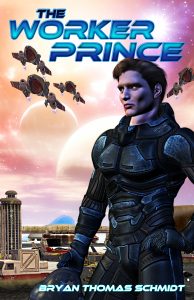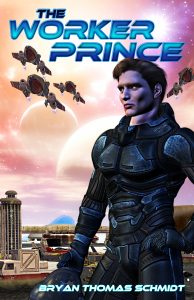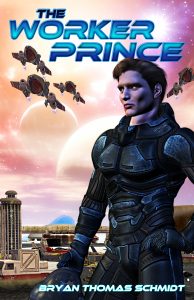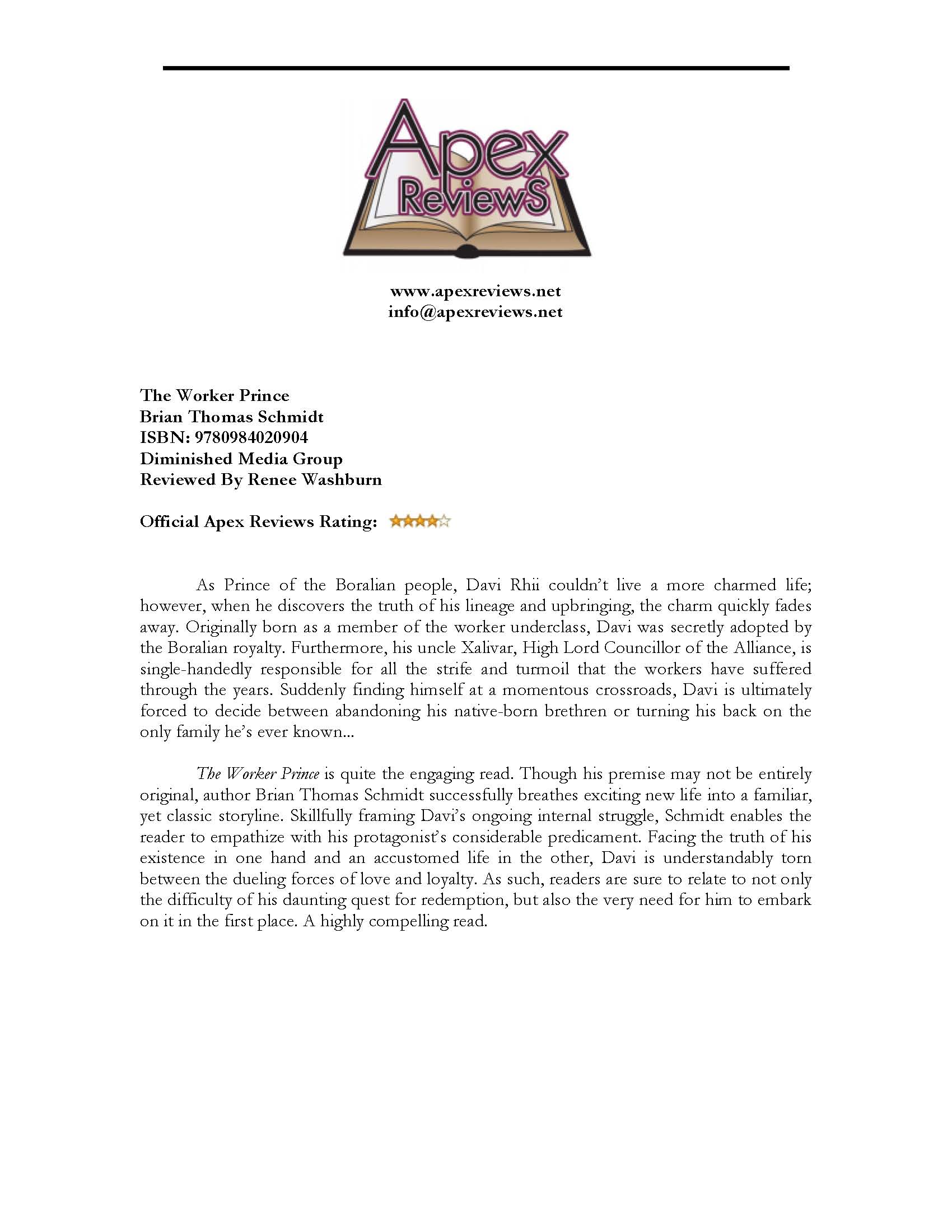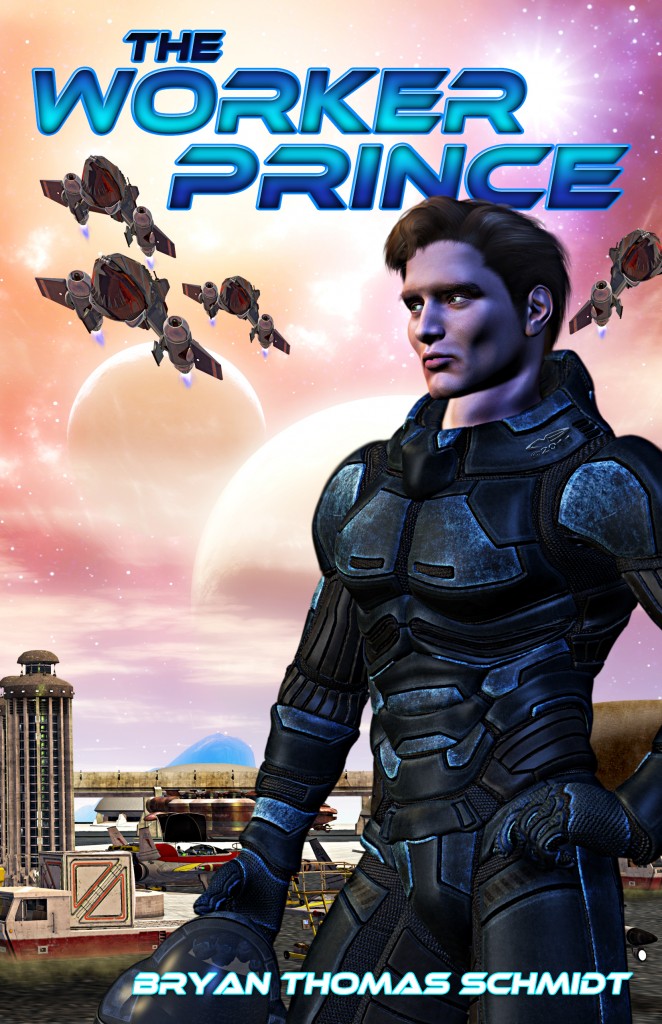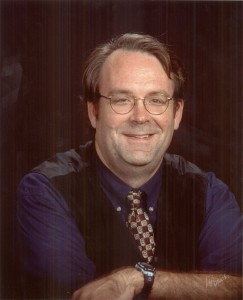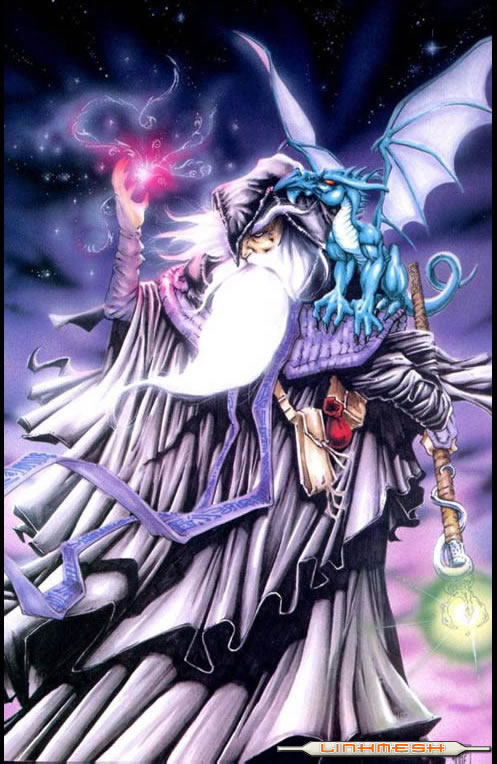I’m running another giveaway of signed copies of my debut novel. The book got Honorable Mention on Barnes and Noble Book Club’s Years Best Science Fiction Releases for 2011 alongside John Scalzi, Ben Bova, and more.
Additionally, it continues to get rave reviews. Here’s the latest from Catherine Russell at Functional Nerds:
Review: The Worker Prince by Bryan Thomas Schmidt
 The Worker Prince by Bryan Thomas Schmidt takes the Biblical story of Moses to the stars and beyond. When Prince Xander Rhii – Davi to his friends – graduates from the Borali Military Academy at the top of his class, his horizon looks clear and bright. Privileged enough to grow up in the Royal Household, he’s spent his life surrounded by his friends, his devoted mother – Princess Miri, and his uncle Xalivar – the Lord High Counselor of the Borali Alliance. However, his mother has shielded him from his uncle’s dark side; an anger so black it threatens to consume Davi and all he loves when the young prince discovers the secret of his own past.
The Worker Prince by Bryan Thomas Schmidt takes the Biblical story of Moses to the stars and beyond. When Prince Xander Rhii – Davi to his friends – graduates from the Borali Military Academy at the top of his class, his horizon looks clear and bright. Privileged enough to grow up in the Royal Household, he’s spent his life surrounded by his friends, his devoted mother – Princess Miri, and his uncle Xalivar – the Lord High Counselor of the Borali Alliance. However, his mother has shielded him from his uncle’s dark side; an anger so black it threatens to consume Davi and all he loves when the young prince discovers the secret of his own past.
This book manages to do what many other science fiction novels haven’t; namely show existing religions in the distant future. The resemblance to the Biblical story of Moses is obvious, but the way it is told is engaging and not limited by the comparison. True, Lord Xalivar ‘will not let the workers go,’ but the workers themselves work toward their own salvation – rather than depending on their God to do it for them. The fact that the workers are monotheistic Christians – unlike the polytheistic Lords of the Alliance – emphasizes the culture clash that already exists between the peoples. The overlords feel superior to the enslaved workers, and use that as a reason to subjugate them – something historically common throughout slave-holding societies.
Throughout the plot, the strong ties of family are stressed. Loyalties are tested, both among the workers and the Royal family, and betrayals weighed against the greater good. As the plot progresses, main characters find themselves facing moral dilemmas, which adds to the physical and psychological tension.
With the exception of an attempted rape scene, essential to the plot yet handled delicately, there is no sex. Despite the dire circumstances, there is no swearing or profanity of any kind. The plot is strong; the language straightforward. In the end, the novel has a glossary to explain some of the new terms the author introduced, but in my opinion context was enough to render further explanation unnecessary.
While the high stakes were up for grabs until the very end, my only complaint would be that the plot addressed everything a bit too neatly. Almost every character takes part in the final battle. Every plot point is resolved – for good or ill. However, since the next book in the series is due out next year, things must not be as tidy as they appear.
This book works on several levels. While other science fiction novels shy away from mentioning modern day religions, this book manages to succeed in doing just that without feeling preachy. The religious overtones cannot be ignored in the story, nor should they, for they add to the realism of the plot. The people of this future feel as real as any family member or despot of the modern world, and they deal with the same issues. I recommend this both as both as a science fiction delight and a good family read.
Catherine Russell
Author bio: Catherine Russell is an author living in NE Ohio. Her work has been published in the ‘Best of Friday Flash – Volume One’ anthology, Lightning Flash magazine, and Flash Me magazine. She shares her life with her high school sweetheart, their son, and two ferocious puppies in the Wilds of Ohio while writing and learning more about the craft every day. More of her writing can be found on her blog – http://www.ganymeder.com
Goodreads Book Giveaway
Giveaway ends January 08, 2012.
See the giveaway details
at Goodreads.




